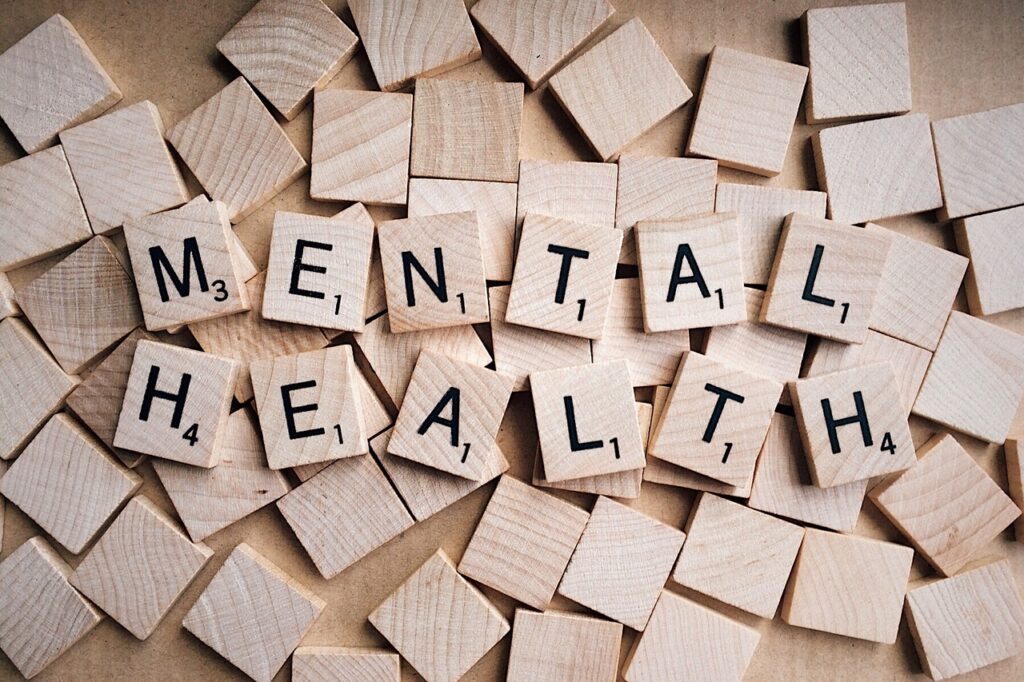
Mental Health Stability
A Comprehensive Guide for Well-being
In the fast-paced digital age we live in, maintaining mental health stability has become an increasingly crucial aspect of our lives. With the constant barrage of information, the demands of work, and the challenges of everyday life, it’s no wonder that many individuals find themselves grappling with stress, anxiety, and other mental health issues. In this comprehensive guide, we, as seasoned SEO and copywriting experts, aim to provide you with invaluable insights and strategies to not only understand but also enhance your mental well-being. Our goal is to outrank existing articles on this topic by delivering a meticulously crafted and informative piece that offers genuine value to our readers.
Understanding Mental Health Stability
Before we dive into the strategies to bolster your mental health, it’s essential to grasp what mental health stability entails. Mental health stability refers to a state of emotional and psychological well-being where individuals can effectively cope with life’s challenges, work productively, and contribute to their communities. It encompasses aspects such as resilience, emotional intelligence, and a positive mindset.
The Importance of Mental Health
In today’s hyper-connected world, mental health stability is of paramount importance. Not only does it impact our personal lives, but it also affects our professional performance. Companies are increasingly recognizing the significance of mental well-being, as it directly influences employee productivity, satisfaction, and overall organizational success.
Strategies for Achieving Mental Health Stability
1. Mindful Meditation: Cultivating Inner Peace
One powerful technique for enhancing mental health stability is through mindful meditation. This practice involves focusing your attention on the present moment, which can help reduce stress, anxiety, and even depression. Regular meditation can lead to improved emotional regulation and heightened self-awareness.
2. Regular Exercise: Boosting Mood and Reducing Stress
Physical activity is not only beneficial for your body but also for your mind. Engaging in regular exercise releases endorphins, which are natural mood lifters. Furthermore, exercise helps reduce the levels of stress hormones in your body, leading to improved mental clarity and emotional stability.
3. Balanced Nutrition: Fueling Your Mind
What you eat plays a significant role in your mental health. Consuming a balanced diet rich in nutrients provides your brain with the necessary building blocks for optimal function. Omega-3 fatty acids, found in fish and nuts, for instance, have been linked to reduced symptoms of depression.
4. Quality Sleep: Restoring Mental Resilience
Adequate sleep is vital for mental health stability. During deep sleep cycles, your brain processes emotions and consolidates memories, helping you better manage stress and emotional challenges. Establishing a consistent sleep routine can significantly enhance your cognitive abilities and emotional resilience.
5. Seek Professional Help: Removing the Stigma
If you find yourself struggling with persistent mental health issues, don’t hesitate to seek professional assistance. Mental health professionals can provide you with the necessary tools and support to navigate and overcome challenges effectively. It’s essential to remember that seeking help is a sign of strength, not weakness.
Maintaining Mental Health in the Digital Age
In an era dominated by technology and digital communication, our mental health is constantly tested. Social media, in particular, can contribute to feelings of inadequacy, anxiety, and depression. Here are some strategies to maintain mental health in the digital age:
1. Digital Detox: Unplug and Recharge
Periodically disconnecting from your digital devices can help reduce stress and improve mental clarity. Designate specific times each day to step away from screens and engage in offline activities that bring you joy and relaxation.
2. Set Boundaries: Control Your Online Presence
Establish clear boundaries for your online activities. Limit your exposure to negative content, and curate your social media feed to include positive and inspiring content. Unfollow or mute accounts that contribute to feelings of stress or inadequacy.
3. Practice Digital Mindfulness: Be Present Online
When using social media or browsing the internet, practice mindfulness. Be aware of your emotional responses to online content and engage critically. Avoid comparing your life to curated images and stories on social media platforms.
Conclusion
In conclusion, achieving and maintaining mental health stability is a journey that requires dedication and self-care. By incorporating mindfulness, exercise, balanced nutrition, quality sleep, and professional support into your life, you can enhance your mental well-being. Additionally, in the digital age, it’s crucial to manage your online presence consciously and prioritize your mental health above all else.
Remember, your mental health is your most valuable asset, and investing in it pays dividends in all aspects of your life. If you want to read more information about how to boost traffic on your website, visit The Insider’s Views for further insights and strategies. Your path to mental health stability begins with these essential steps, and with dedication and persistence, you can achieve a state of well-being that positively impacts every facet of your life.
